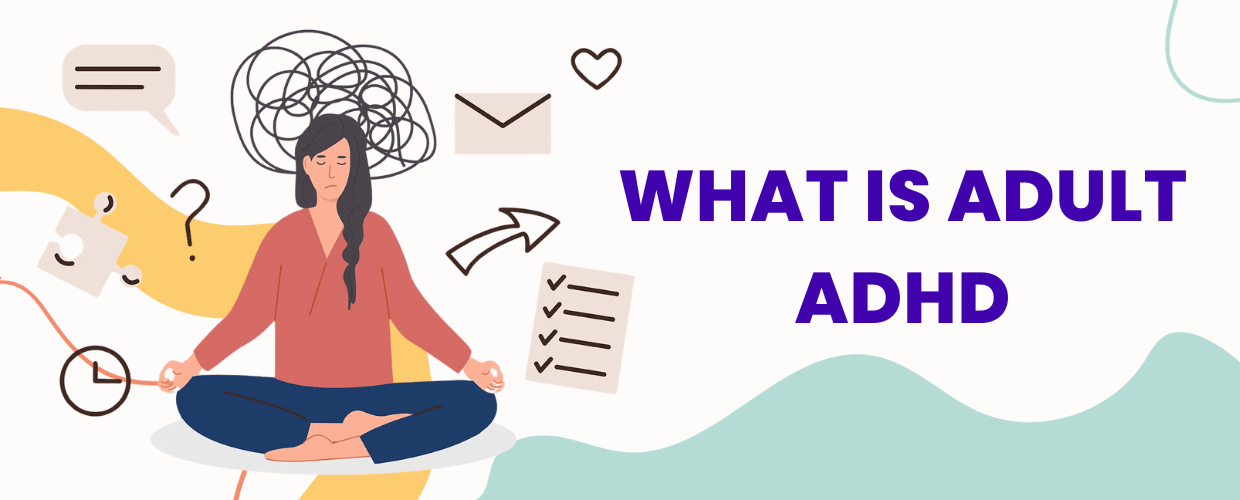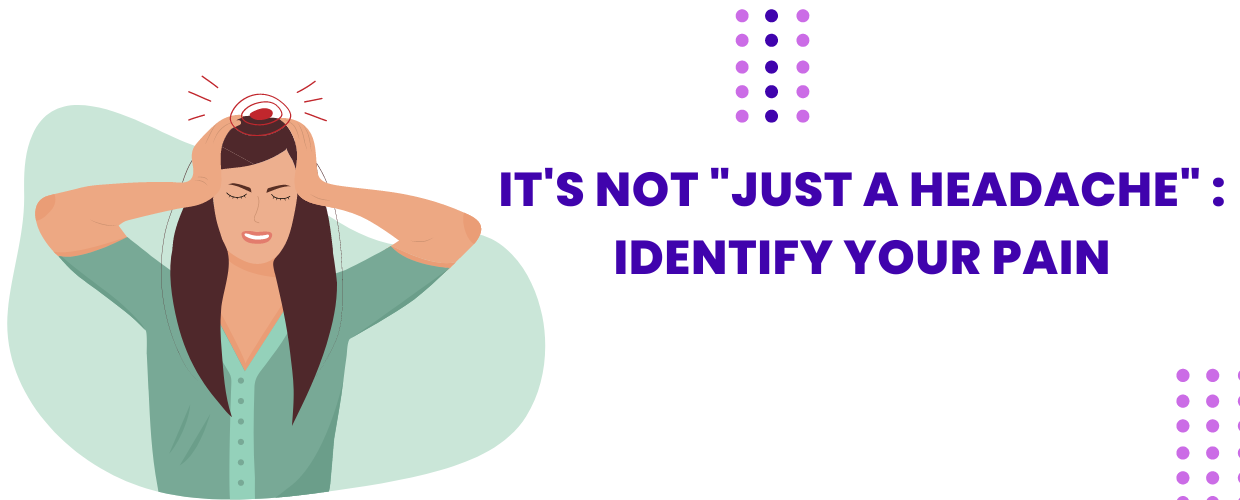It’s not always easy to identify when a friend or relative is going through a tough time, especially when it comes to mental health issues like depression. However, being observant and understanding the signs can make a significant difference in offering the support they need. In this blog post, we will explore the early warning signs of depression and discuss ways to be a supportive and empathetic friend or family member.
Signs of Depression
Change in Communication Patterns
One of the first signs of depression is a noticeable shift in communication. If your friend or relative becomes less talkative or withdraws from social interactions, it could be a red flag. They might also struggle to express their feelings or seem disinterested in activities they once enjoyed.
Decline in Performance
Depression often takes a toll on a person’s ability to concentrate and perform daily tasks. If you notice a decline in their work or academic performance, it may be an indication that they are struggling with their mental health.
Changes in Behavior
Any significant change in behavior from their usual self should be taken seriously. This can include alterations in sleep patterns, appetite, or overall energy levels. For example, someone who was once outgoing may become more reserved, or a typically organized person might become disorganized and forgetful.
Do’s and Don’ts:
Do’s
Be Supportive and Non-Judgmental:
Approach the situation with empathy and understanding. Let your loved one know that you are there for them without passing judgment. Avoid making statements like “snap out of it” or “it’s all in your mind,” as these can invalidate their feelings.
Listen Actively:
Be a good listener. Encourage them to share their thoughts and feelings, and resist the urge to offer immediate solutions. Sometimes, all they need is someone who can listen without judgment.
Encourage Professional Help:
Gently suggest seeking professional assistance. Therapists and counselors are trained to provide the necessary support and guidance. Offer to help them find a mental health professional or accompany them to appointments if they feel comfortable.
Stay Connected:
Continue to reach out and maintain a connection. Isolation can worsen depressive feelings, so staying connected helps your loved one feel less alone in their struggle.
Don’ts
Give Unsolicited Advice:
Avoid offering unsolicited advice or quick fixes. Depression is a complex mental health issue, and simple solutions are often ineffective. Instead, focus on providing emotional support.
Make Negative Comments:
Refrain from making negative or dismissive comments about their emotions. Phrases like “it’s all in your head” or “just cheer up” can trivialize their struggles and make them feel misunderstood.
Forceful Interventions:
Don’t push your loved one into activities or social situations if they are not ready. Respect their pace and give them the time they need to cope with their emotions.
Conclusion:
Identifying depression in a friend or relative is the first step towards providing meaningful support. By recognizing signs such as changes in communication, decline in performance, or shifts in behavior, you can offer assistance in a considerate and understanding manner. Remember, being supportive, non-judgmental, and empathetic is crucial. Encourage them to seek professional help and, most importantly, be available to listen without offering quick fixes or negative comments. Together, we can contribute to a more compassionate and supportive community for those struggling with mental health issues.






